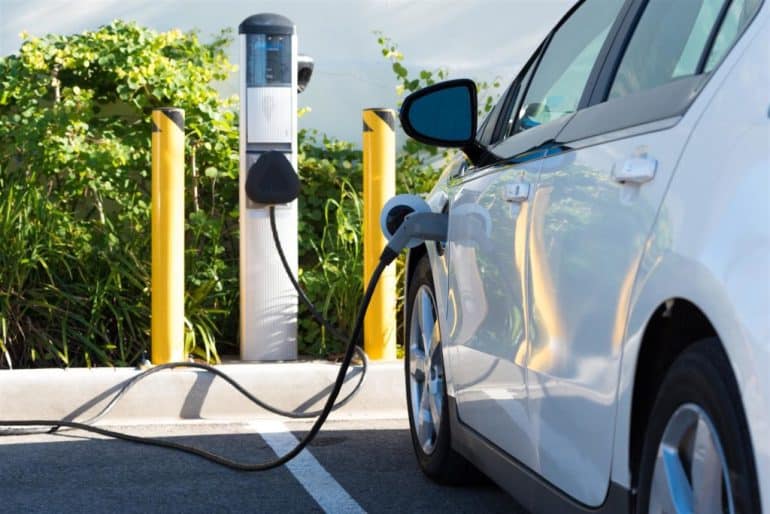Petrol stations will now be able to install and use charging points for electric vehicles, following the unanimous approval of relevant regulations by the Plenary of Parliament.
The approval of the said regulations was deemed necessary, in the context of the promotion of electric mobility in Cyprus, with the ultimate goal of the green transition.
During the debate, AKEL Member of Parliament Aristos Damianou stated that once again in Cyprus "we did not act as suppliers", since incentives were given for electric cars but there are not enough charging points. With these regulations, he said, an effort is being made to help the public, and he wished they would be implemented as soon as possible.
The MP of the Environmentalists Movement - Citizens' Cooperation, Charalambos Theopeptou, described this development as important. He noted that it is the first time that someone will sell electricity beyond the EAC, since the citizens who go to fill their cars will pay the station for the electricity.
He said that so far all the charging points belong to the EAC, while he recalled a law passed two years ago that obliges those with more than 20 parking spaces to install an electric vehicle charger by 2025. He noted that an effort is being made for the Parliament to install two chargers for such vehicles outside its building. At the same time, he called on the Government to include in the rules for electrical installations and the procedures for installing car chargers.
The MP of DIKO, Christos Senekkis, said that an important step is being taken for the citizen who intends to buy an electric vehicle to feel safe, with the ultimate goal of the green transition. He noted, however, that the green transition is mainly achieved by the production of the energy consumed by renewable energy sources, which is not ensured to a satisfactory degree, since the largest percentage of the energy in the car chargers will come from the EAC's production with fuel oil. He added that there is a need to provide combined incentives for electrification and energy production from RES.
Source: KYPE
